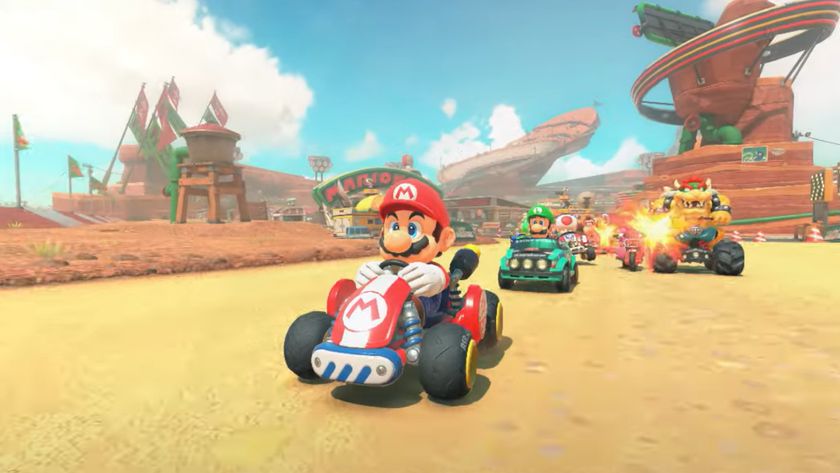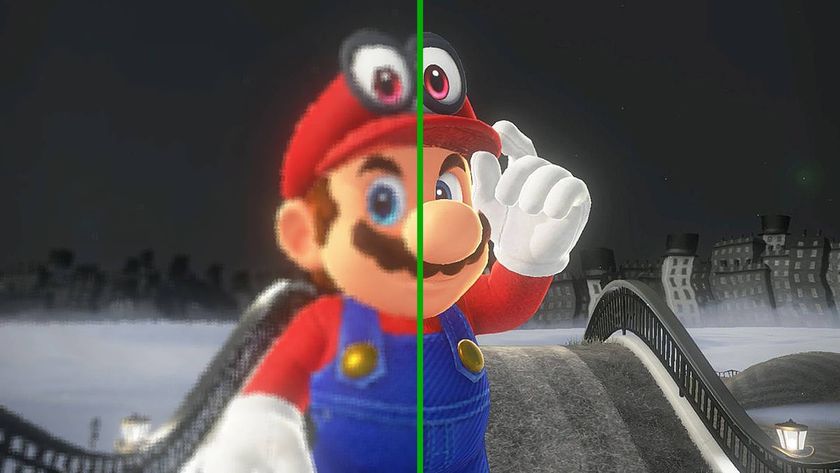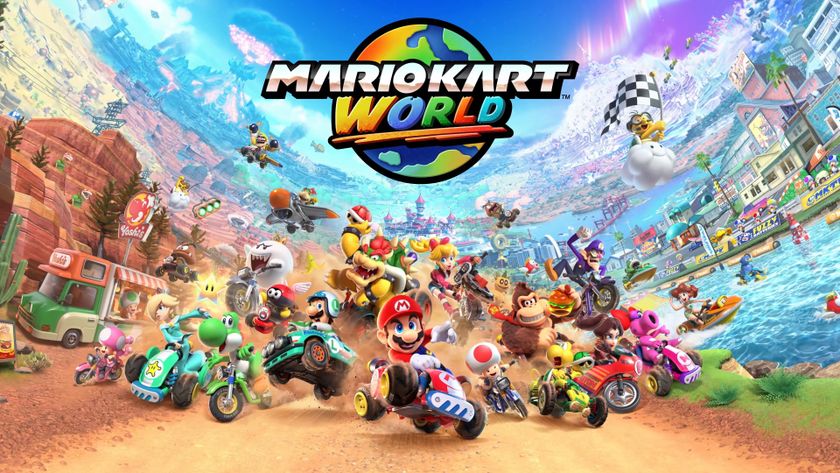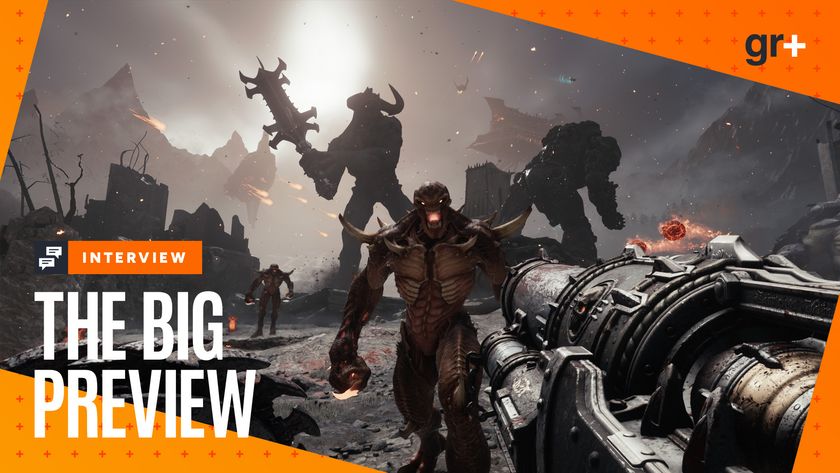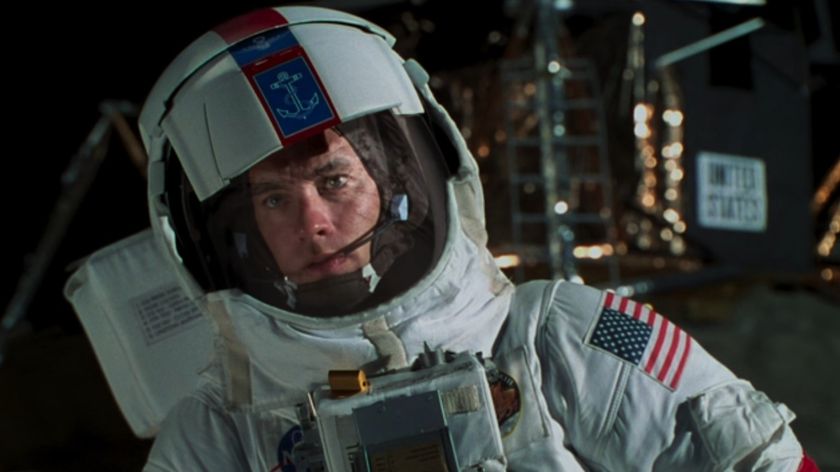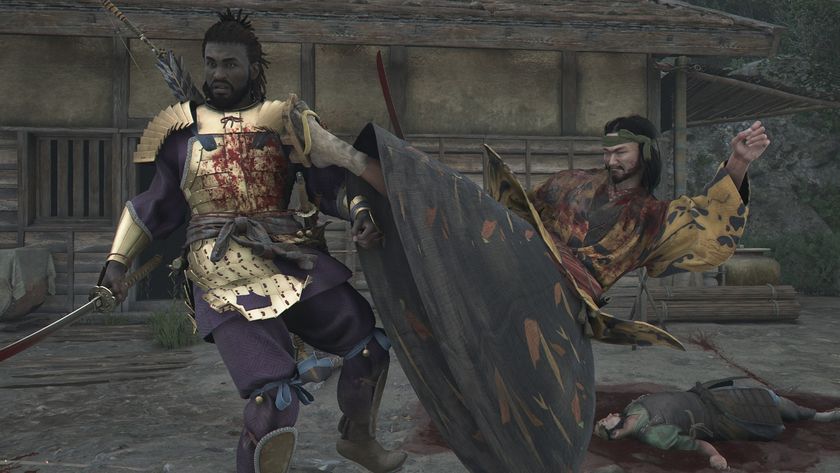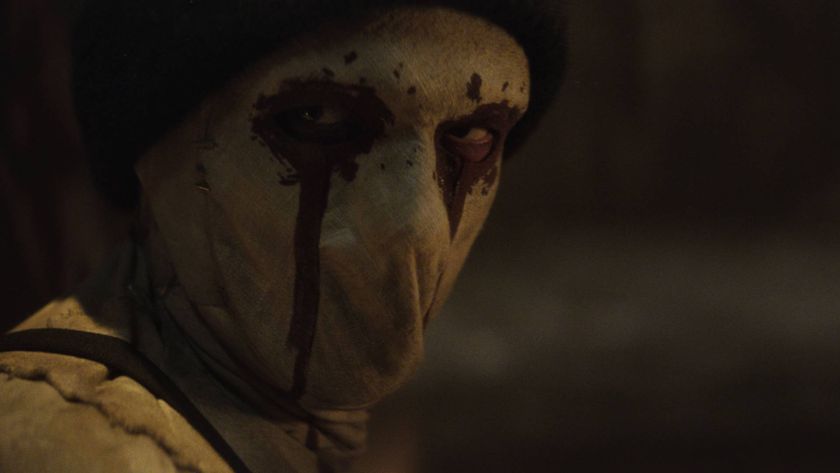“It’s closer to a melee short film almost than a straight-on trailer”: The story behind making Dead Island’s ground-breaking trailer
Back in 2011 Dead Island's cinematic trailer sent the gaming world into rhapsodies - but it wasn't all smooth sailing.
I definitely cried. Maybe you even cried. Who can blame us? Seven years ago one of the most talked-about trailers for a little-known game called Dead Island emerged, presenting gamers everywhere with a tragic tale of a family vacation gone wrong. Featuring sections that played in reversed time, and centred on the taboo topic of a dead child - one who you saw killed in front of your very eyes, no less - the cinematic trailer is still talked about today. Back then Dead Island wasn’t particularly well known, so what happened behind the scenes to create such an iconic trailer? I spoke to Anton Borkel, who at the time was the Creative Consultant at Deep Silver/Koch Media about the long and bumpy road that led to the trailer that would made the internet explode.
In the beginning there was… a pitch
With an end result of over 16 million views on YouTube and counting, how on earth did this journey begin? To start with, things didn’t look promising. Communication between departments sounded strained, as Borkel wasn’t working directly with the developers. Instead, he relied on a ‘design document’ to accurately pass on what Dead Island was going to be like. “We were working at the central publisher and the developer was sitting somewhere else so it's kind of like you’re playing this game of telephone [a game identical to the Chinese whispers]”, Borkel tells me. “There’s the source of information and it then gets transported and has to get translated into German or English and then we’re trying to translate what that means for the audience”. When I asked him about whether they knew it was going to be a hack-and-slash game, he says that his team “didn’t have a specific idea of how big of a story there would be”. When it came to the playable characters, he (correctly) got the impression that “they were more like archetypes for players to just be like ‘I want to be a heavier guy that can deal out a lot of damage, I want to be a weapon expert’. There wasn’t really necessarily something that was very inspiring in terms of pure story”.
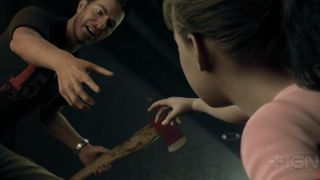
His team got given a broad outline of the kinds of features that would be in Dead Island, among them the fact that “it was supposed to be very cinematic, very very brutal, and a focus on melee combat”. But the game didn’t exactly turn out as they imagined. “While all those elements are still very much in the final product, I think we all pictured probably a different priority maybe”, Borkel mentions, indicating how isolated his team was from the work being done by the developers. Yet in the brief there was one thing that stuck with Borkel and the feeling he wanted to generate with the cinematic trailer - the up-close-and-personal melee system. “One of the things that I definitely wanted to include is the brutal close combat, trying to survive, because from what I saw from the game, that was at the heart of it. It’s not like in other games where enemies are more like a shooting gallery. You have to take up a paddle, you have to take up a knife, you have to get in there. So [...] we were told that was going to be a huge focus of the game”. Well, they weren’t wrong.
“We were working at the central publisher and the developer was sitting somewhere else so it's kind of like you’re playing this game of telephone"
Even with so many different channels to go through, it was clear that Dead Island needed to be put on the map. “Nobody knew the name Dead Island, it was a long-forgotten thing that was in development for I think even like six or seven years at the time,” Borkel explains, “so nobody had it on their radar - they were just wanting something that makes an impact”. We would have got a much more clichéd zombie trailer if Borkel hadn’t challenged the original pitch (in his own words, his feedback was “pretty harsh”).
At the beginning it was going to centre on “gore and gruesome levels of violence essentially to basically shock the market in a sense like ‘here’s something new and exciting’”. Borkel wasn’t on board. “To me that wasn’t very interesting or appealing”, he says, as he “wasn’t really a fan of the horror genre nor necessarily the zombie as a genre”. He tried his best “to come up with a completely different spin that would be more interesting to me… and hopefully also for the gamers that have seen hundreds of horror games and hundreds of zombie games”. Borkel speaks the truth. We’ve seen fast zombies, slow zombies, mutated zombies that can smash cards, virus-infected zombies, undead zombies...finding something that would break the rather dry pattern would be a challenge.
I love it when a trailer comes together
Instead of focusing on the glorious feeling of mowing down waves of zombies like Dead Rising or Left 4 Dead, the creative team decided to focus on what happens when things go wrong. When you’re not prepared for the eventuality of having to bury an axe in a zombie’s clavicles, what happens? Answer: the worst possible scenario. The parents in the Dead Island trailer weren’t exactly practised in hand-to-hand combat, so all the melee action was excruciating to watch. You could see the panic in their eyes, the frantic action as they tried to hold back the zombie horde all while their daughter was bleeding out on the bed behind them. In a twisted way, the trailer made it clear how little chance there was of anyone normal surviving in the world of Dead Island.
“It answered a void in my perception of like ‘I don’t want to see just another game trailer’”
Including the daughter and breaking the video game taboo of showing dead children was key to the message Borkel was trying to get across, mentioning that “the kid was like an angelic kind of creature to showcase how brutal and how raw this threat essentially is, to communicate that it doesn’t even stop at stuff like that”. By the sounds of it he had no idea what kind of discussions would happen after people saw a small girl not only get attacked, but also become a dead-eyed zombie herself. “I just lacked the experience to even grasp the scope of a conversation that could result out of a choice like that at the time”, he tells me. But what was most memorable about the trailer was its slow-motion segments playing in reverse, intercut with frantic action sequences showing the daughter trying to get to safety. Those time-twisting moments were always “the key to unlock how this can be different” in Borkel’s mind. It wasn’t what anyone was expecting. And that’s exactly what Borkel wanted. “It answered a void in my perception of like ‘I don’t want to see just another game trailer’”, he explained. “it’s closer to a melee short film almost than a straight-on trailer”.
Sign up to the 12DOVE Newsletter
Weekly digests, tales from the communities you love, and more
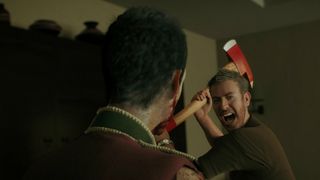
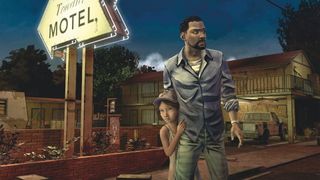
The 10 best zombie games you can play right now
He’s right. Starting off the trailer with a shot of the girl, already dead, extinguished hope immediately to show how the zombies were, in his own words, “more like a natural disaster, like when you see a flood slowly roaming over a city or something. Something that you cannot really argue with, that you cannot really defend yourself against and you will have to come to terms with the fact that there is no escape from this”. Just to drive the point home even further - and make viewers everywhere let out an involuntary sob - right at the end we see the family goofing around in their home video footage. Borkel tells me that earlier concepts had the entire trailer taking place on a camcorder, but that ultimately got scrapped and the residue footage was put at the end. Ultimately everything in the trailer was centred around the key idea that Borkel wanted to get across, one that kicks our protective instincts into gear: “players, when they jump into the game, are like ‘I need to prevent this kind of stuff from happening’”. He had no idea just how much of an impact three minutes and seven seconds of footage would have.
The world is watching
“This was so close to getting cancelled so many times!”, laughs Borkel when I ask him about what it was like seeing the response to the trailer, almost as if he can’t quite believe it himself. “I think maybe one percent of that reception would have been normal for what we had at the time”, he says, explaining that “the expectations were literally non-existent so it was very easy for us to do something that would feel like a success”. Before the trailer was released, it sounds like tensions were running high as there were clashes about whether anything else should be put out by the studio. “The last big discussion I had with the head of marketing was [them saying] ‘we should also put out a version that is in chronological order’”, recounts Borkel - he wasn’t having any of it. “I remember having a very very long fight, because I felt like if it’s good then people will do that for you and it’ll have a much larger impact that way, you know. [You shouldn’t be] spoon-feeding the information to your community, you should be fuelling the fire of your community to create stuff around it”.
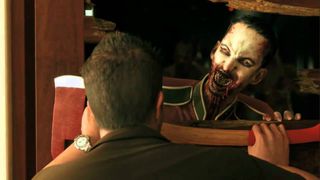
He was absolutely right. Recreations and edits of the trailer popped up on YouTube, putting the events in the correct order, with someone even making a live-action version. Back then, he didn’t know it of course - all efforts were focused on getting it out in the open. “The head of marketing asked me ‘hey we’re trying to get this exclusive with IGN (which was a huge deal for us at the time) and they want to have a preview of the CG asset’”, says Borkel, “and you know, me as an artist or as a creative I said ‘absolutely not, it’s not ready’, and all that stuff. So I ended up exporting like a 640 by 360 preview shitty version of that video with like watermark and everything!”. The reaction at first showed just how few people knew of Dead Island, as no-one could guess what game the trailer was for. Borkel remembers it well. He tells me how IGN “went on their own forums and asked people ‘hey we have this amazing thing coming up - guess for what game it is?’ and they were like 50 pages of comments and nobody guessed the right IP”.
"The last big discussion I had with the head of marketing was [them saying] ‘we should also put out a version that is in chronological order’”
Then everything hit the fan. As the trailer exploded onto the internet, it quickly racked up millions of views and a maelstrom of attention that no-one saw coming. Caught in the middle of it in the early hours, Borkel was woken up by a colleague: “the marketing manager for the game at the time, he texted me at like 4 in the morning saying ‘you have to see this’, he was basically pressing F5 on the views and on the mentions and all that kind of stuff while I was riding on a subway to work”. Nobody knew it at the time, but the mind-blowing response was an early indication that great things were afoot for the trailer. Later it went on to win the Golden Lion at the Cannes International Festival of Creativity and was the talk of the gaming industry for months afterwards.
The aftermath
Not all the responses were positive, however, with many feeling short-changed when they found out how different the actual game was to the trailer. Comments online flooded in from gamers who thought they’d be playing a very different game, and Borkel understands why people felt betrayed. “I saw a lot of people commenting about, you know, the quality of the game didn’t live up to the expectations they had from the trailer”, he tells me. “I’m a gamer myself; that’s a perfectly valid feeling. It’s just very hard to say ‘we should have made a worse trailer’!”. Judging by the sparse information his team were given - with the focus on melee combat and cinematic nature of it being emphasised - it seems like Borkel’s team expected a different, possibly more story-heavy Dead Island from the game that ended up hitting stores, although they were aware of the simple archetypes that gamers could choose to play.
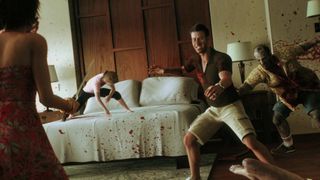
“Gamers are better trained these days to be more wary of at what point [games are] at during the marketing campaign [...] and be somewhat more suspicious”
Although he doesn’t think the Dead Island trailer “drastically changed anything”, the fallout from the trailer was a clear indication of the changes that were taking place in players’ perception of the gaming industry. Now there’s “a heightened sense of awareness in the gaming community” when it comes to how trailers can influence and warp the public’s anticipation for a title away from anything studios expect. “No Man’s Sky is another case where the hype was basically so high that an indie developer never really had a chance to deliver a product that would be able to match that level of hype”, he goes on to say, comparing the reaction to Dead Island to the backlash against the world gamers thought they’d be exploring in No Man’s Sky when it was released after the trailers inflated expectations. I think I speak for gamers everywhere when I say that we’ve more than learned our lesson, and Borkel is of a similar opinion. “Gamers are better trained these days to be more wary of at what point [games are] at during the marketing campaign [...] and be somewhat more suspicious”, he says. Cinematic trailers can be stunning short stories, but today the common belief is that you should measure your expectations until you get to see some gameplay.
Dead Island’s trailer is probably never going to be forgotten. Even now people still go back to watch the trailer on YouTube. Looking at the comments proves how much of an impact it continues to make: people are asking in disbelief just why it works so well, saying how much of an impression it made, and mourning the fact that the game itself wasn’t more like Borkel’s short story of one family getting torn apart. There are other trailers which have racked up more views, yet that 7-year-old-trailer isn’t going anywhere and it’s certainly not budging from the place it has in gamers’ hearts everywhere.
While here at GamesRadar, Zoe was a features writer and video presenter for us. She's since flown the coop and gone on to work at Eurogamer where she's a video producer, and also runs her own Twitch and YouTube channels. She specialises in huge open-world games, true crime, and lore deep-dives.
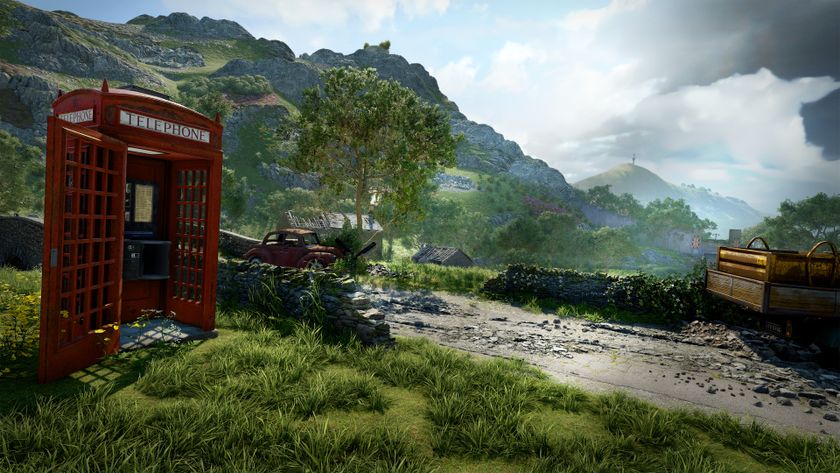
Atomfall officially reaches “extremely British” status as the survival game surpasses 1.5 million players, who’ve collectively sipped 300,000 cups of tea and executed 3.7 million kills with a cricket bat
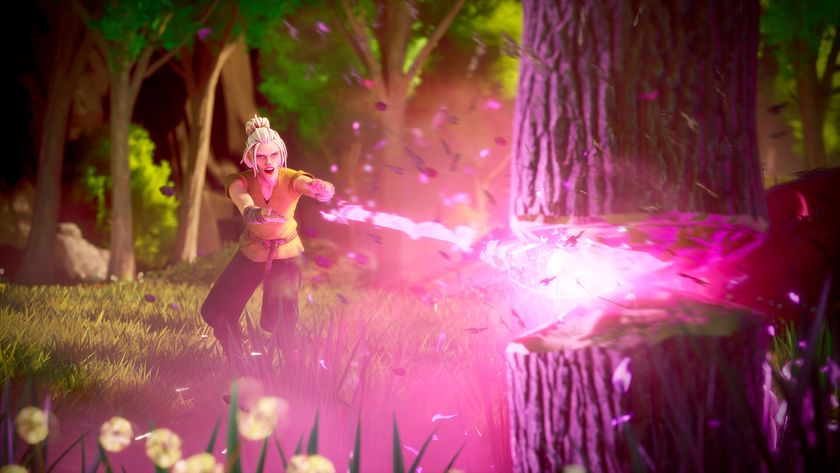
"Is this going to be Valheim with party hats?": RuneScape: Dragonwilds devs know survival games are competitive and focus on "things that make us unique" in a tree-punching genre

